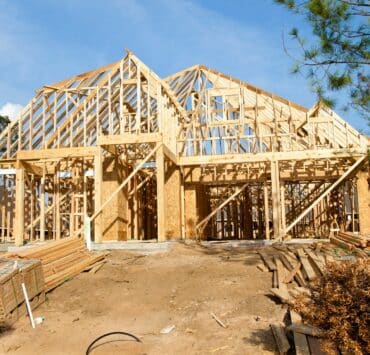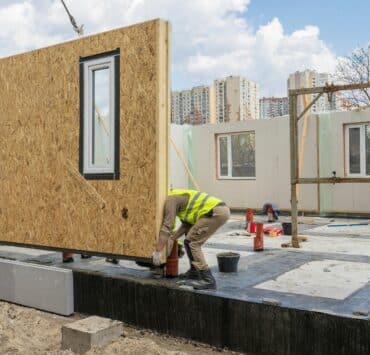Let’s dive into the real estate landscape and explore the extent of Wall Street’s grasp on the housing market. Parcl Labs has done the heavy lifting, revealing insights into the actions of institutional investors in the current housing climate.
Amidst the pandemic housing boom from summer 2020 to spring 2022, institutional home buying surged, fueled by factors like rising rents, low interest rates, accessible capital, and escalating home prices. However, this frenzy cooled off as interest rates rose.
Looking ahead, the key question is: if interest rates decrease significantly, how much will institutional single-family home buying rebound?
To gauge the current activity levels of institutional homebuyers, ResiClub tapped into the expertise of Parcl Labs, a hub of residential real estate data. (Parcl Labs had previously shared data on which institutional investors were most actively selling homes.)
The data from Parcl Labs indicates that institutional home buying is relatively subdued at present.
Among 21 major institutional players, only one increased its total home portfolio by over 2% in the last three months—Tiber Capital, acquiring 165 single-family homes and growing its portfolio by 2.3%. Progress Residential claimed the top spot overall, adding a whopping 1,140 homes to its holdings in the past three months.
Now, let’s address the exaggeration of institutional home buying online. Former MMA fighter Jake Shields claimed on Twitter that 44% of U.S. single-family home purchases this year were made by private equity firms. However, this assertion, stemming from an obscure Medium post referencing a Business Insider article (which did not provide the 44% figure), gained over 600,000 views.
In reality, according to Parcl Labs, institutional operators collectively own approximately 0.73% of the total U.S. single-family housing stock—less than one in 100 homes. In the Atlanta-metro market, this figure reaches as high as 4.4%. Despite the influx of institutional investors after the 2008 housing crisis, the majority of landlords still fall within the small-scale category, owning between one and 10 homes.
Related posts:
 Reduce Your Environmental Footprint: Simple Water Conservation Tips for Your Home
Reduce Your Environmental Footprint: Simple Water Conservation Tips for Your Home
 10 Precautions to Stay Safe During a Home Renovation
10 Precautions to Stay Safe During a Home Renovation
 Surge in US Housing: A Close Look at the November 2023 Boom
Surge in US Housing: A Close Look at the November 2023 Boom
 Increased Housing Confidence Brightens 2024, But Buying a Home Still Tough
Increased Housing Confidence Brightens 2024, But Buying a Home Still Tough
 Canada Bans Foreign Homeownership Until 2027 to Help People Afford Homes
Canada Bans Foreign Homeownership Until 2027 to Help People Afford Homes



